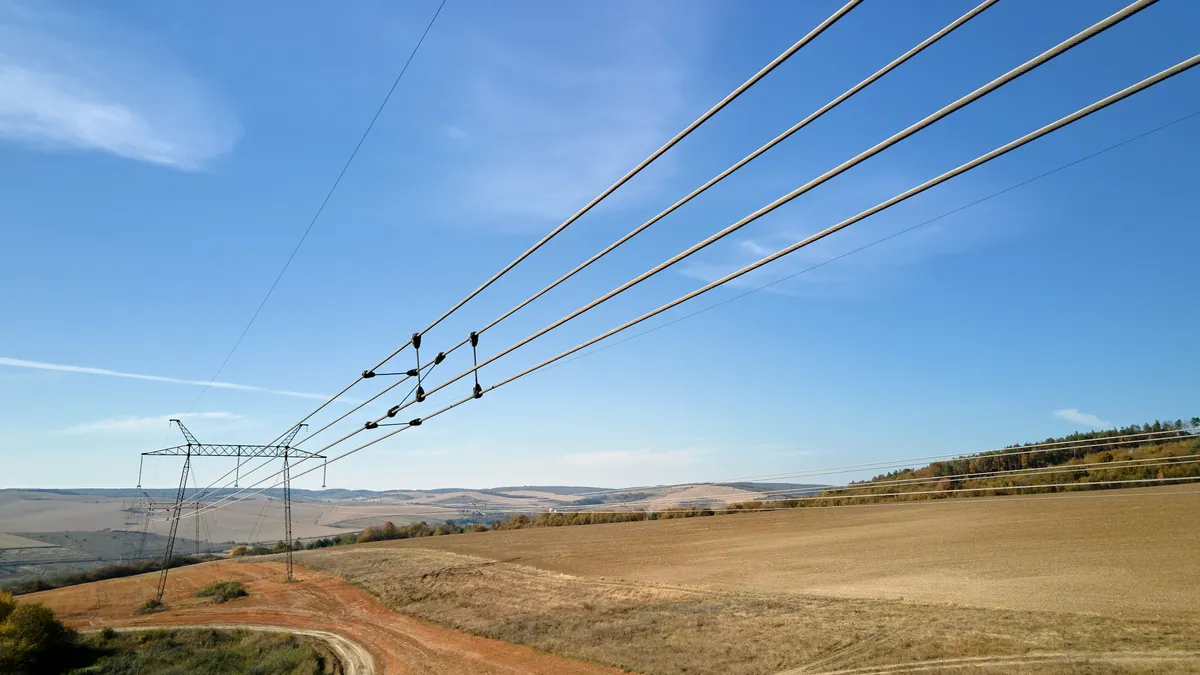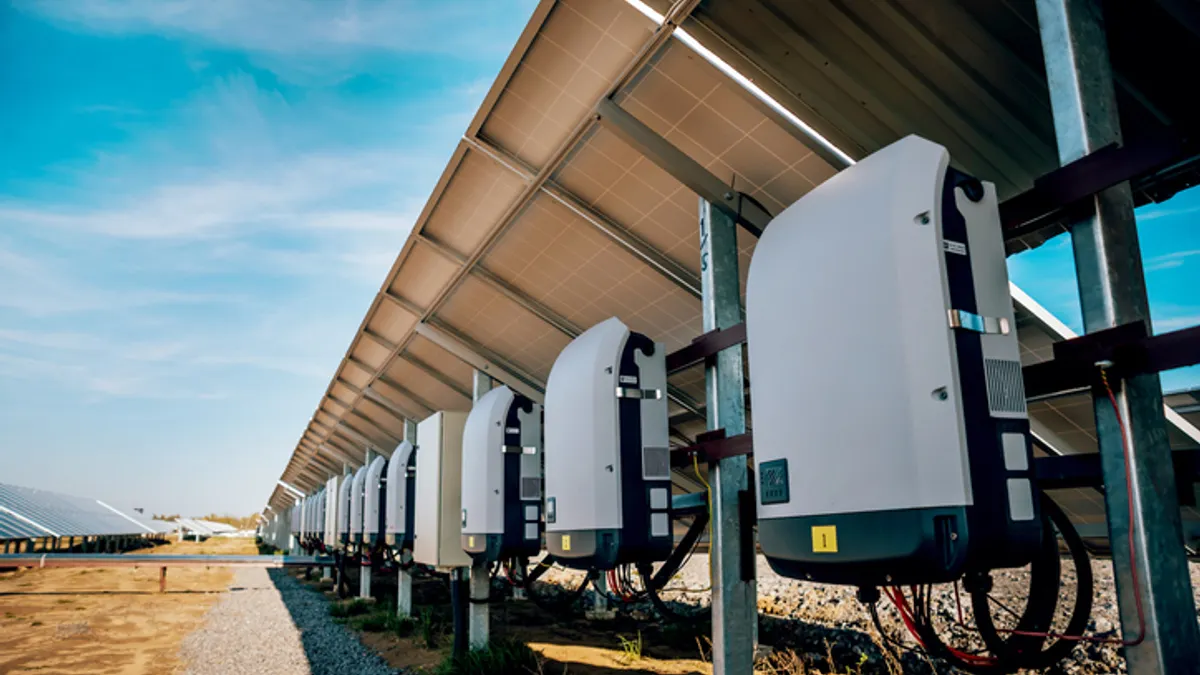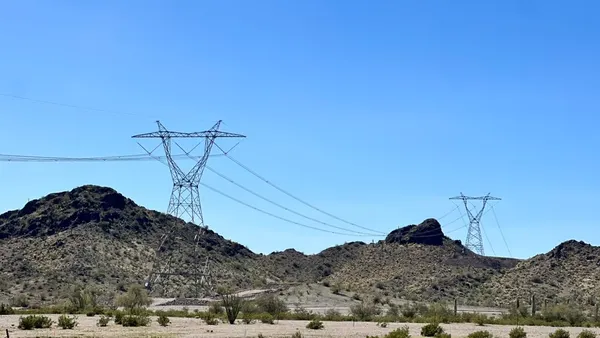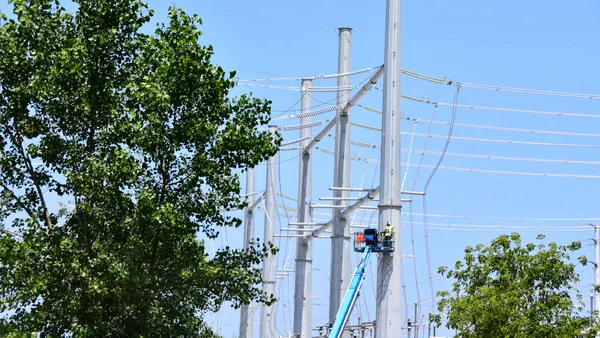A shortage of electrical steel is challenging the transition to emissions-free vehicles, delaying power restoration after storms and slowing new home and commercial construction, electric utilities and other groups warned President Biden on Monday.
Electrical steel is used in the manufacturing of transformers, electric vehicle chargers, electric motors and other equipment.
“It is vital that the federal government recognize and support the domestic production of electrical steel to meet the unprecedented demand for electrification and grid modernization and resilience initiatives,” the groups said.
Utility groups signing the letter are: the Edison Electric Institute, American Public Power Association and National Rural Electric Cooperative Association. Others include the Alliance for Automotive Innovation, GridWise Alliance, International Brotherhood of Electrical Workers, Leading Builders of America and the National Association of Home Builders.
The groups want Biden to convene an “Electrical Steel Summit” with manufacturers, electric utilities and other stakeholders “to help solve the current supply chain crisis that threatens both the national security and economic outlook for the United States and to deliver on this administration’s goals for electrification and decarbonization.”
Cleveland-Cliffs is currently the only domestic producer of grain oriented electrical steel, or GOES. The company told the U.S. Department of Energy in March that scaling up new steel production would not be easy.
“While two domestic manufacturers have committed recently to increase GOES production, even with this expanded output, domestic supply levels will still fall far short to meet electrification goals,” the groups said in their letter to Biden. And those plans to expand “are now in flux” as the DOE considers new efficiency standards for distribution transformers, they warned.
DOE proposed new standards for the transformers in December, to go into effect in 2027. Supporters say the new standards would cut energy waste by up to 50%, but utilities and others say new requirements could make transformer replacements even more scarce.
Finalizing new standards “would upend the market and manufacturing process,” the groups told Biden.














